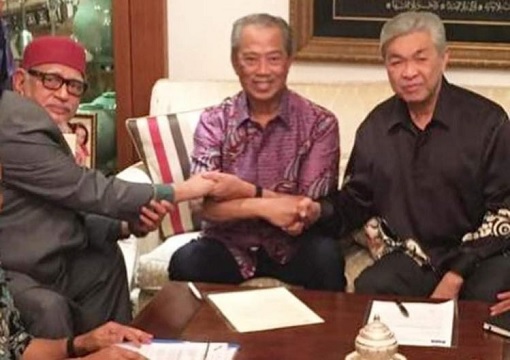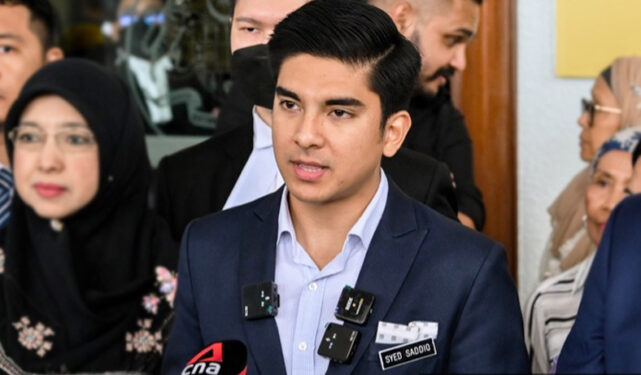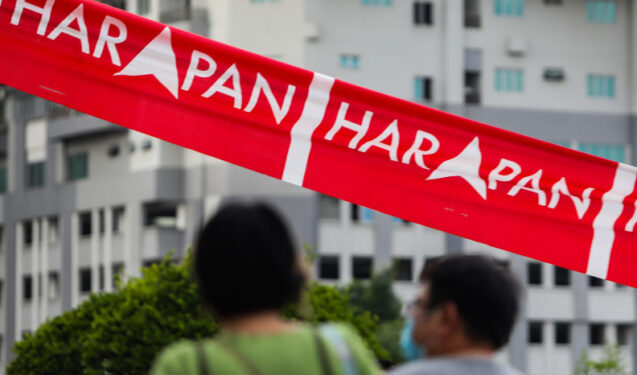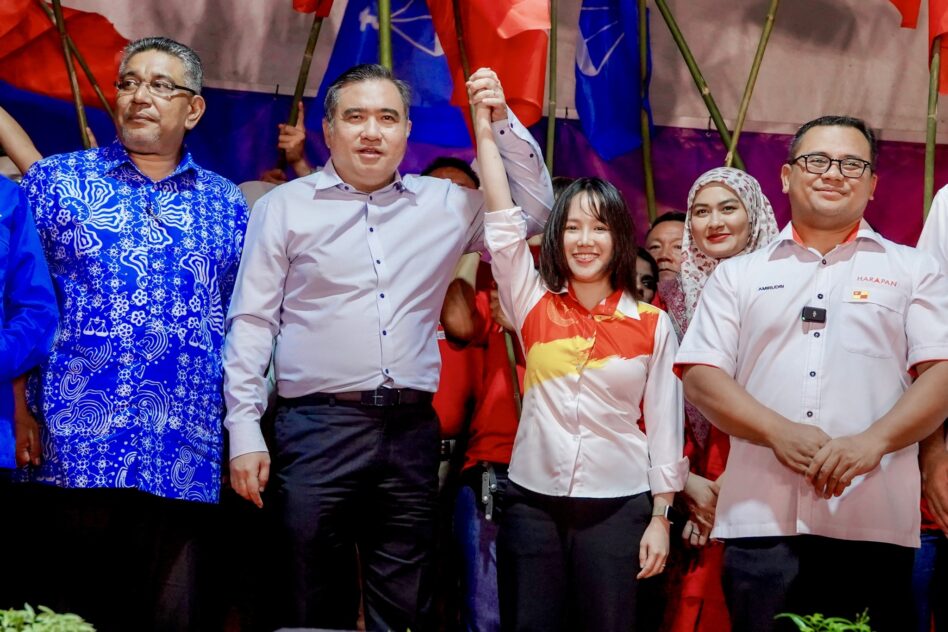KUALA LUMPUR: Malaysia has proposed that Asean formulate an economic recovery plan post-Covid-19 that focuses not only on the financial aspects but also on social safety nets, food security and education.
The proposal was put forth during the Special Asean Summit on Covid-19 today via video conference chaired by Vietnamese Prime Minister Nguyen Xuan Phuc and participated by heads of government of the bloc’s 10 member nations.
In a statement today, the Prime Minister’s Office said the Asean economic recovery plan should contain measures to ensure a robust supply chain for the region’s 600 million people.
“This includes ensuring a smooth flow of medical supplies, food and essential goods as well as critical infrastructure to ensure the smooth flow of trade whether by air, land or sea,” it said, noting that all countries face similar complications and Asean member states should work together to ensure that no one is left behind.
Asean nations should also not impose unnecessary restrictions that can hamper the smooth flow of medical supplies, food and essential items, it added.
Malaysia also urged Asean member countries to raise their level of preparedness in order to face the new regional landscape.
“Asean cannot be allowed to revert to its comfort zone, but should instead develop the Southeast Asian region into a new growth centre and powerhouse, not just for its 600 million inhabitants but also for the world,” it said.
Malaysia also supports the establishment of the Covid-19 Asean Response Fund aimed at boosting existing emergency stockpiles for any future outbreaks, the statement said, adding that Asean should continue to develop the region’s reserves of medical supplies, besides using relevant reserve warehouse space to support the needs of member nations in public health emergencies.
It said the various Asean mechanisms led or hosted by Malaysia, such as the Asean Emergency Operations Centre Network for Public Health Emergencies (Asean EOC Network) and Asean Risk Assessment and Risk Communication Centre (ARARC), have proved their effectiveness in resolving crises.
“Malaysia stands ready and resolute with Asean to combat this pandemic together,” it added.
At the conference, Malaysia shared its experiences and knowledge in facing the Covid-19 pandemic, with Muhyiddin saying the country has put in place several key strategies to address critical health, economic and social issues brought about by the pandemic, including the imposition of the Movement Control Order (MCO).
Under the MCO, non-essential government and private sector services were ordered closed, mass movements and gatherings prohibited, and strong advice given for Malaysians to stay at home.
“Malaysia has also mandated all of its citizens returning from abroad to undergo compulsory quarantine for two weeks.
“As a stricter measure, we have also enforced Enhanced MCOs (EMCOs) in areas with a high infection rate. These EMCO areas are completely closed with no entry and exit for residents and visitors, and every individual in the area is screened and treated if infected,” he said.
Muhyiddin said Malaysia has been aggressively increasing its capacities to conduct more tests per million capita, rigorous contact tracing, and treatment to all patients regardless of their level of symptoms and illnesses.
“I understand that more tests may result in higher reported infections but this is needed to ensure we swiftly detect and treat those infected,” he said, adding that Malaysia’s mortality rate as of Monday stood at 1.6% compared with the global average of 6.1%.
Muhyiddin said the government had provided much-needed support to the Health Ministry (MOH) by approving RM1.5 bil to increase its screening capacity and intensify treatment for those infected, noting that the financial boost to the ministry would help in obtaining more test kits, ventilators and personal protective equipment (PPEs).
“On behalf of Malaysia, I thank our friends in Asean who have contributed test kits and medical equipment in our time of need. In times like this we truly appreciate the valuable all the assistance and support rendered by our Asean friends and this is what makes us different from other regional groups around the world,” he added.
The prime minister referred to Malaysia’s three stimulus packages worth RM260 bil to cushion the impact of Covid-19 on the people and businesses and pointed out that these had a face value of 18.1% of its Gross Domestic Product (GDP) which includes loan repayment deferments, wage subsidies, cash handouts and free internet for Malaysians for the next few months.
“However, these strategies will only assist Malaysia in getting through this period of fighting Covid-19. There needs to be a regional post-pandemic recovery plan and Malaysia cannot do this alone,” he stressed.
Muhyiddin said in every crisis lies an opportunity and Malaysia foresees that Asean as a regional bloc have to work together post Covid-19 to ensure that no one is left behind.
Earlier in his opening remarks, the prime minister said a coherent, multi-sectoral, multi-stakeholder, whole-of-Asean approach was critical in ensuring a timely and effective response to the pandemic.
“This is a war against an invisible enemy and the aftermath will result in a new global landscape. The world will never be the same again and we in Asean must acclimatise ourselves with what is going to be the new global order, simply put – the new normal.
“Malaysia is deeply concerned with the rising number of Covid-19 cases in our region as Asean has witnessed a rapid escalation of infections in the past few weeks. Globally, the situation is just as bad, if not worse.
“I am confident that with solidarity, vision and leadership we can unite and get through these dark times together. As a region, we have faced multiple crises before this and I believe we will once again overcome this and emerge stronger than ever,” he said. – April 14, 2020, Bernama










